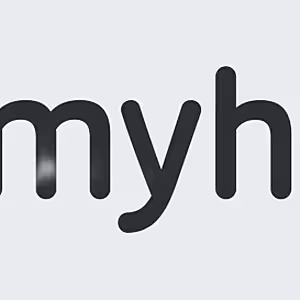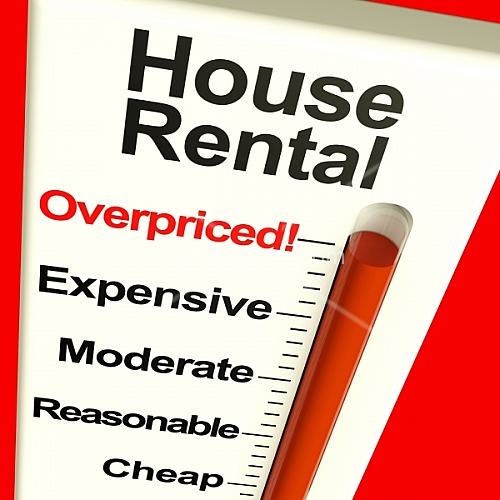
With the number of suitable family homes on the market at a real low at present and mortgages still hard to come by, it appears as though the rental market will continue to see a lot of activity in the coming years.
With property prices plummeting since 2007, many people have turned to the rental market to find a home for themselves. A fear of ever falling prices and a lack of suitable and affordable stock are just some of the elements that have driven them towards renting.
What that has meant though is that demand for good rental accommodation has also risen and with that demand, rents have gone up.
That trend is likely to continue this year, which in one sense makes it difficult for tenants but also for the landlord.
A rise in costs are forcing some landlords to get out of the business at present. In recent years they have had to pay the non-principal private residence tax (NPPR), the household charge, personal tax and Private Residential Tenancy Board charges of €90 per registration. Landlords who have houses let in flats have also suffered more because they are charged NPPR tax per flat rather than per house.
This year they will also have to pay the property tax and while it will replace the household charge, it will also be more expensive.
To add to their ever growing list of responsibilities, landlords will also have to provide Building Energy Rating (BER) certs for their properties if they want to advertise them for rent. That will apply if they are advertising on a site such as MyHome.ie or in their local newspaper or advertising notices board.
On top of this, tax relief on interest has been reduced to 75% of mortgage interest so now landlords are paying tax on income they have not earned.
Further new regulations this year will see some landlords having to upgrade bedsits to flats in order to make them fully self-contained.
This in turn could lead many to scale back on their number of tenants and turn houses back into family homes.
All of these extra costs are likely to drive rental costs up. The property tax, for one, is almost certainly going to be passed on in increased rental charges.
This creates greater problems for tenants but also for landlords who may not be able to service mortgages or attract tenants to their properties as a result.
All of this comes at a time when a reported 1.5 million people claim to have €50 or less to spend each month after essential bills are paid.
If house prices continue to fall and rental costs rise, it could attract more people back to the residential sales market. For many people that is a luxury they simply cannot afford though and that is where the real problem could lie.
With all that in mind we’d like to ask you:
- Could you afford an increase in your rent?
- Would you be willing to pay €50-€100 a month extra to stay in your current accommodation?
- If you’re a landlord would you consider getting out of the business?
Have your say in the comments section below…
Advertisement





